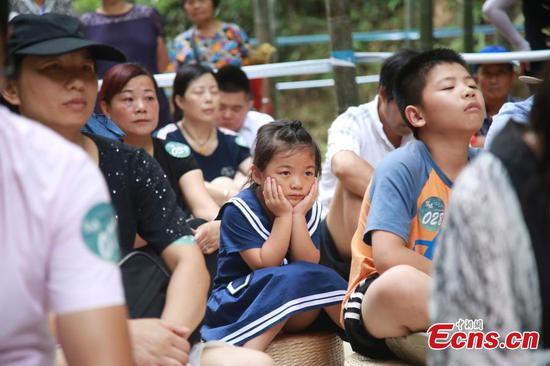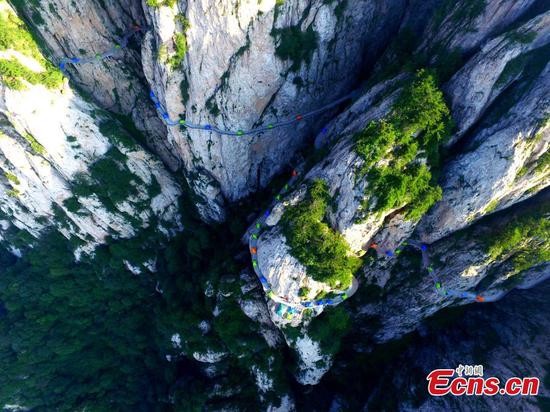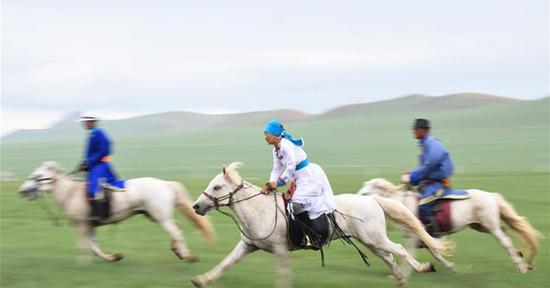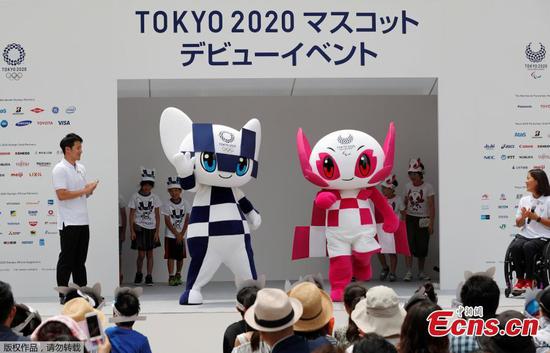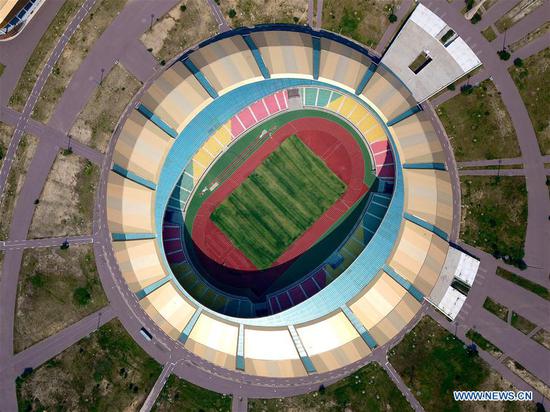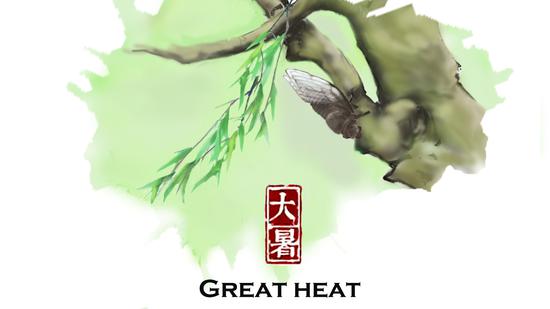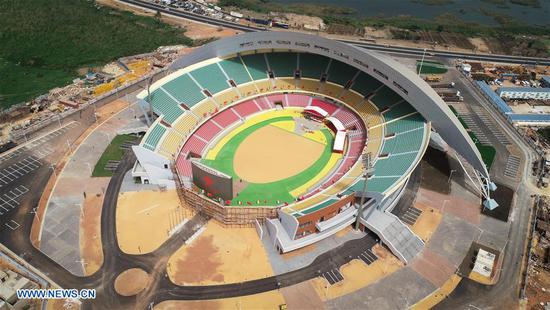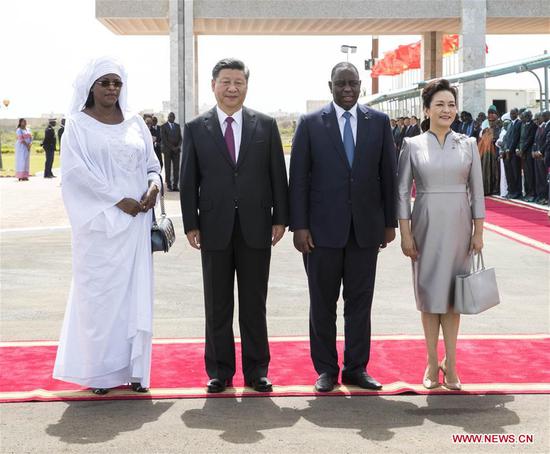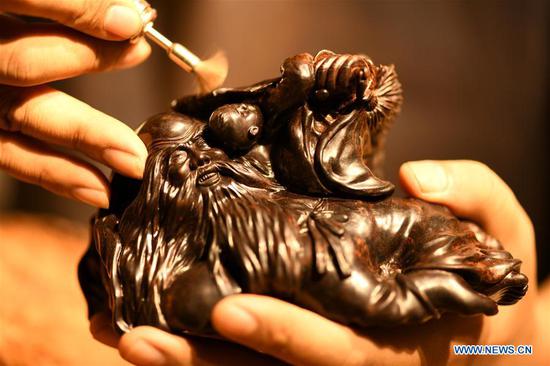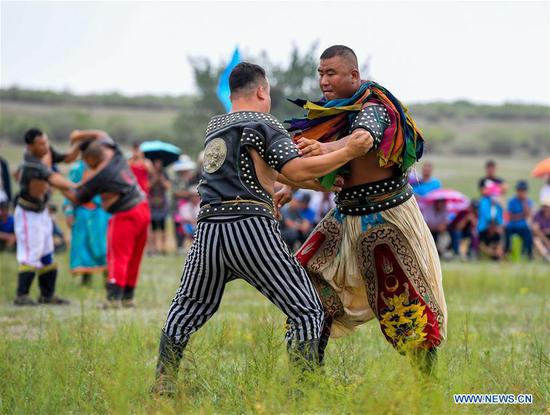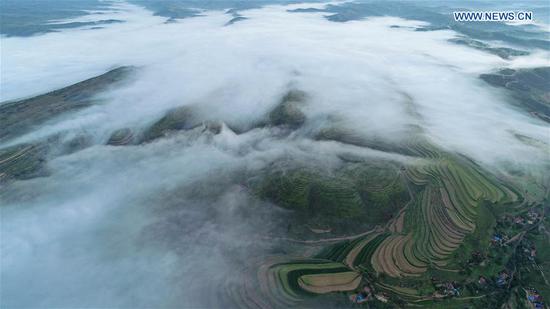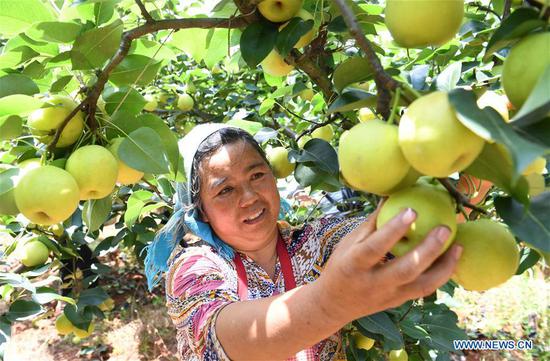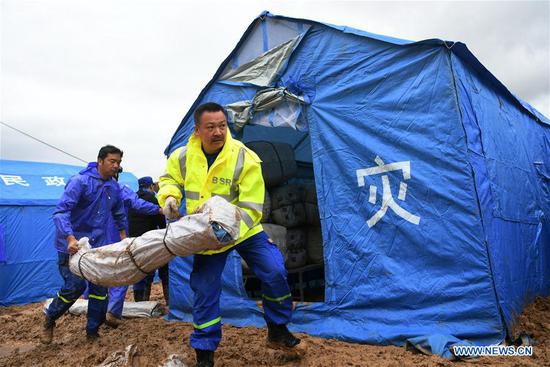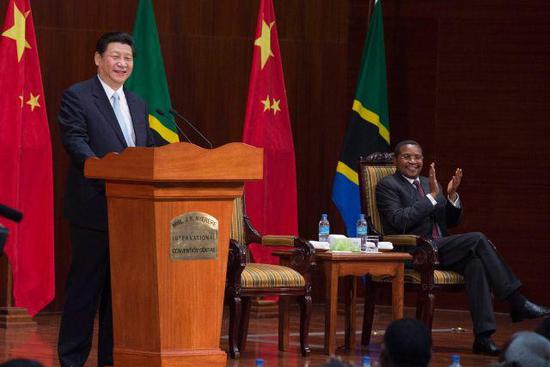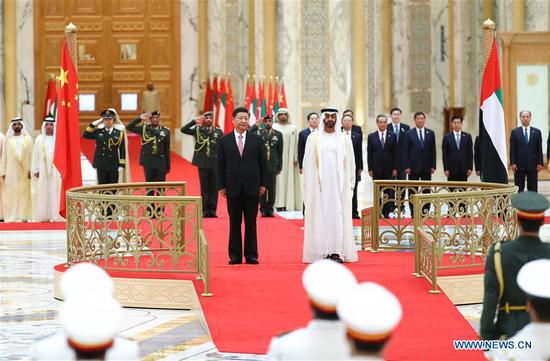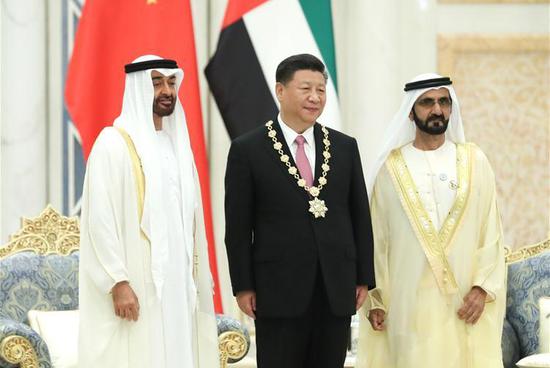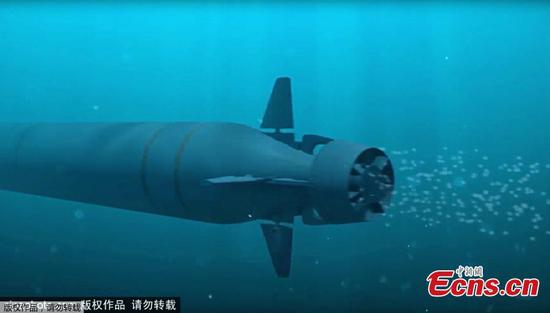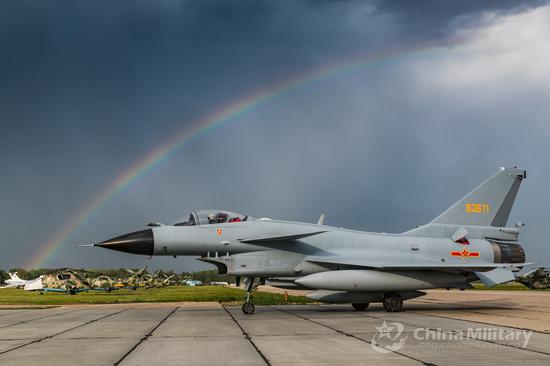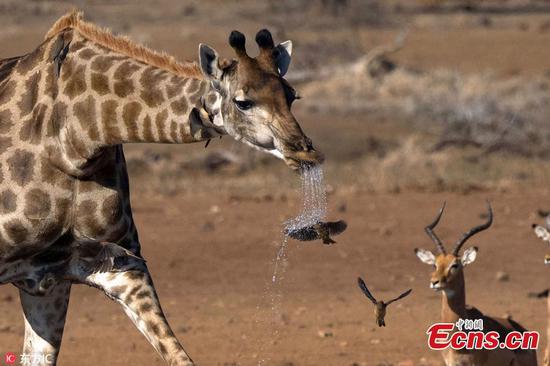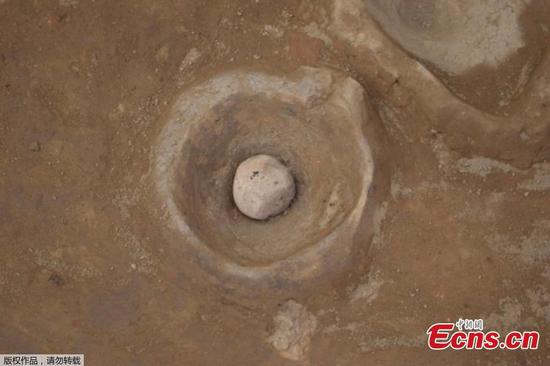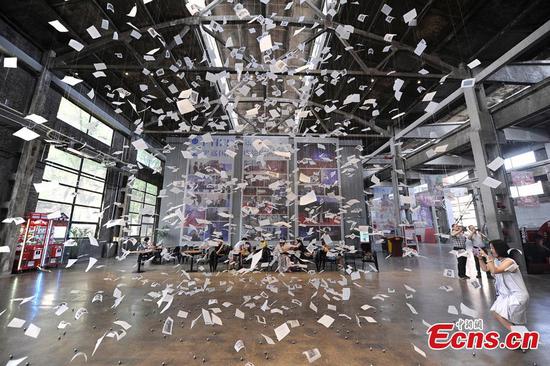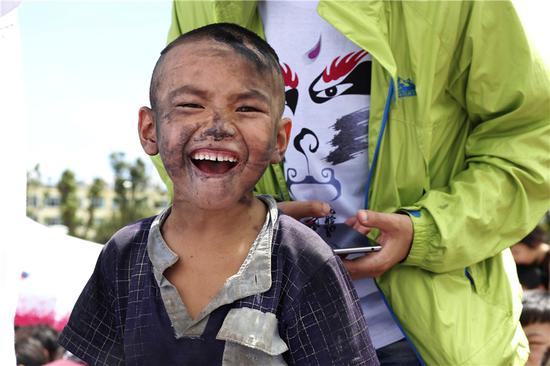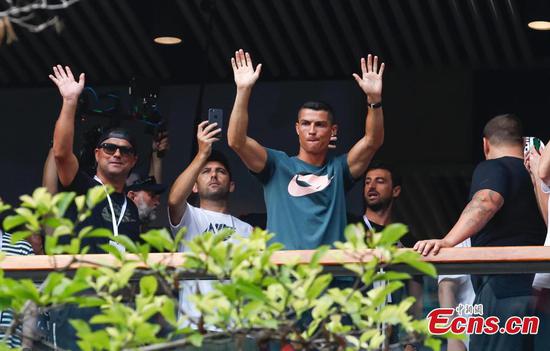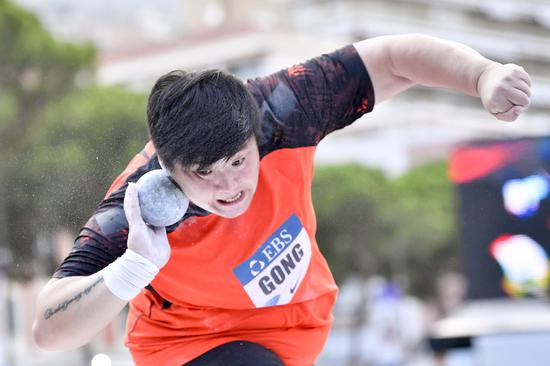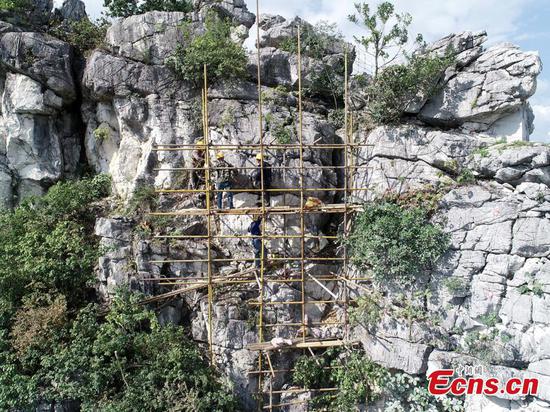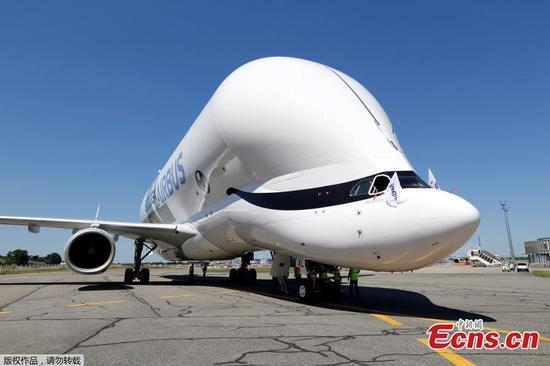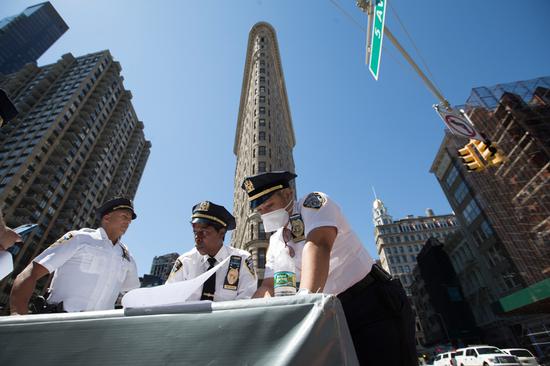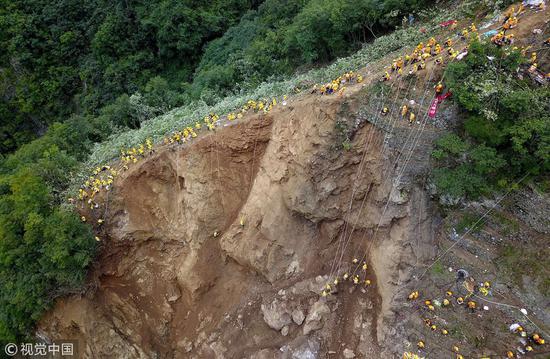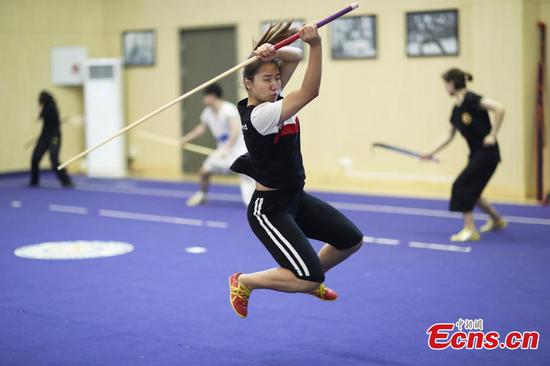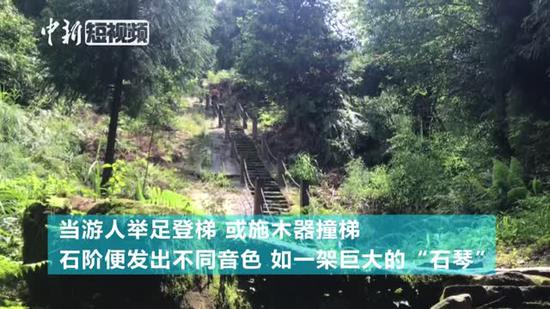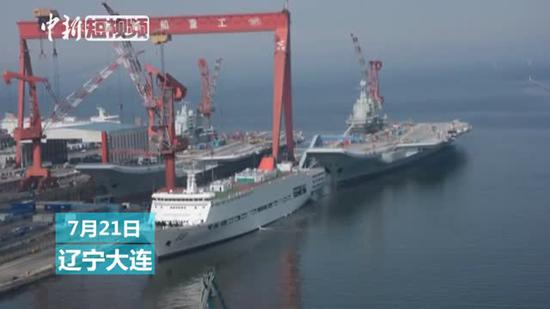The Communist Party of China (CPC) on Sunday released findings of the latest round of disciplinary inspection, the first such practice taken by the 19th CPC Central Committee.
The findings concern 14 provincial-level regions and ten cities at the sub-provincial level, according to the website of the CPC Central Commission for Discipline Inspection (CCDI).
The inspection targeted Party organizations in 14 provincial-level regions, eight central government agencies including the Ministry of Commerce, and eight state-owned companies such as China National Nuclear Corporation. Ten cities at the sub-provincial level were also included, the CCDI said.
Starting in late February, 15 teams stayed in the regions or entities they inspected for three months. By July, the teams have drawn "problem lists" for overhaul and inspected Party organizations have pledged to address issues that are being raised.
CPC's disciplinary inspection is considered a powerful weapon of Party building that has cut like a blade through corruption and misconduct.
The 18th CPC Central Committee is the first in Party history to inspect all CPC organizations in provincial-level regions, central CPC and government organs, major state-owned enterprises, central financial institutions and centrally-administered universities in one term. More than 60 percent of investigations into centrally-administered officials were a result of information found by discipline inspectors.
Twelve rounds of inspections were conducted during the term of the 18th CPC Central Committee.
Based on the findings, the latest round of inspection has shown some trends:
-- It sticks to the duty of political inspection. Being emphasized is the need for Party organizations to maintain political integrity, think in big-picture terms, follow the leadership core, and keep in alignment, as well as to uphold the authority of the CPC Central Committee and its centralized, unified leadership.
Some were found to have not implemented well the central authorities' policies and decisions on issues like poverty alleviation, environmental protection, or anti-gang fight.
The CCDI stressed the need of strengthening political duties to ensure all targets set at the 19th CPC National Congress will be met and strategic plans be realized.
-- The campaign of full and strict governance over the Party has a long way to victory. Weakness was found in the Party building of some grass-roots organizations. Malpractice such as the trade of government positions, factionalism, or lax management existed.
The CCDI required Party committees in relevant regions to continue efforts to purify intra-Party political ecosystem.
-- The fight against corruption remains arduous and complex. Despite ban, the problem of undesirable conduct was there and corruption was found to have changed in forms in different areas and at different levels. Some officials dined on public expenses, pocketed money and enjoyed privileges. Corruption was common in some areas such as construction projects and state-owned companies. Corruption at grass-roots levels was called to attention.
The CCDI urged high pressure on corruption, continuous correcting undesirable conduct, strengthening supervision and accountability as deterrence.
-- Rectification measures after past inspections are emphasized. The latest inspection has raised the issue of inadequate rectification following past inspections. Some were found to have rectified problems in a perfunctory manner or ignore part of the problems.
The CCDI demanded leading officials of various Party organizations to assume the responsibility of enforcement. They were especially warned not to ignore rectification duties of their predecessors.









